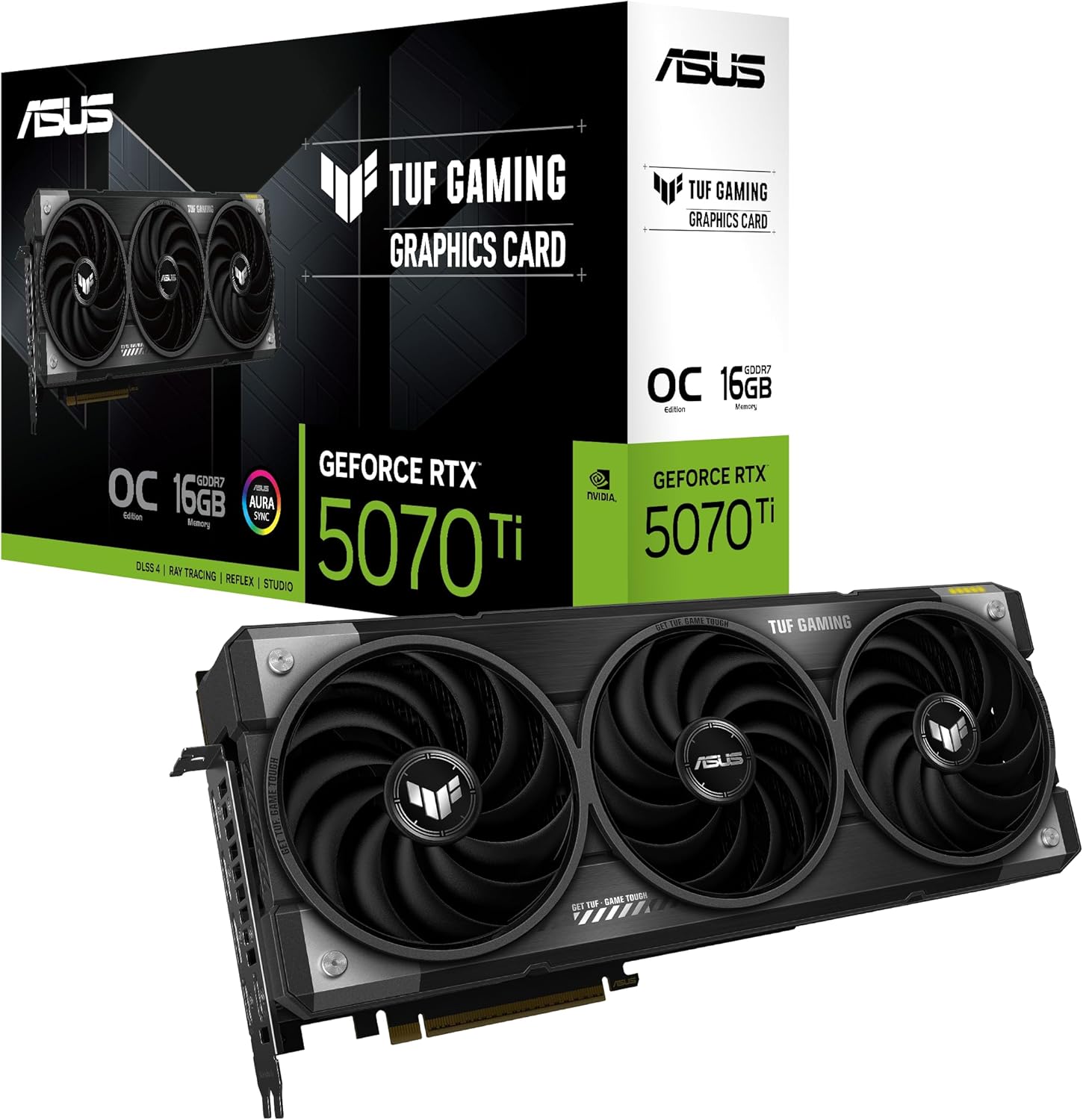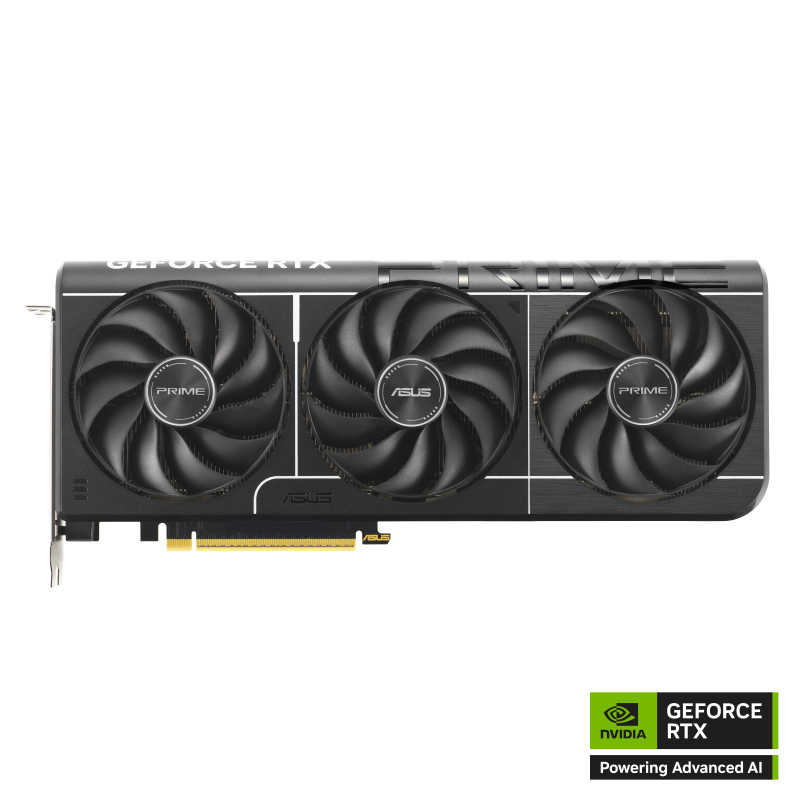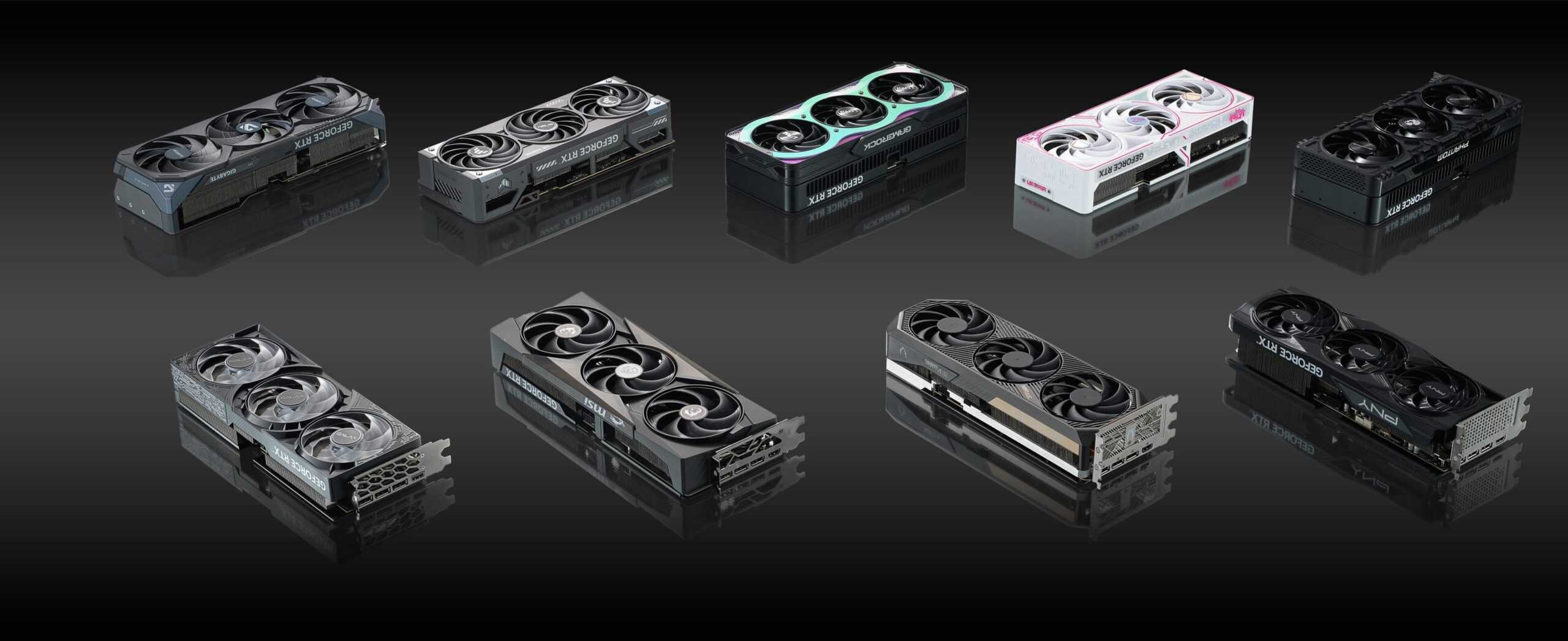NVIDIA continues to expand its graphics card lineup with the arrival of the RTX 5070 Ti and the upcoming RTX 5070, bringing powerful performance to budget-conscious gamers and creators. Launched on February 20, 2025, the RTX 5070 Ti delivers a significant leap in power and efficiency, priced at $749, while the standard RTX 5070, set to launch on March 5, 2025, will hit the market at $549.
These cards aim to offer flagship-level features without the steep price tags of their higher-end siblings.
Note: We select all our products independently. If you purchase through our links, we may earn a commission.

Click Here To See All The 5070 Ti Prices On Amazon: https://www.amazon.com/s?k=RTX+5070+Ti&crid=PSQIKPN7NHNK&sprefix=rtx+5070+ti%2Caps%2C176&linkCode=ll2&tag=pc05c0-20&linkId=a312e779842491c6658a930c7506e9c6&language=en_US&ref_=as_li_ss_tl
Blackwell Architecture & Performance Upgrades
Built on NVIDIA’s new Blackwell architecture, the RTX 5070 Ti introduces a range of enhancements over its predecessor. The upgraded architecture delivers 1.4x better performance in 3D rendering and ray tracing, thanks to improved 3rd-gen RT Cores and DLSS 4—NVIDIA’s next-gen AI-powered upscaling and frame generation technology. The 5070 Ti balances power and efficiency, making it a standout in the upper mid-range GPU market.
Key specs for the RTX 5070 Ti:
- GPU Architecture: Blackwell
- CUDA Cores: 7,680
- Memory: 16GB GDDR7
- Memory Bus: 256-bit
- Base Clock: 2.4 GHz
- Boost Clock: 2.65 GHz
- DLSS Support: DLSS 4 with Frame Generation
- Ray Tracing Cores: 3rd Gen
- Power Consumption: 285W
- Recommended PSU: 750W
The 16GB of GDDR7 memory provides a substantial boost in bandwidth, enabling smoother gameplay at higher resolutions and faster load times in content creation workflows.

Gaming Performance: 1440p & 4K Sweet Spots
The RTX 5070 Ti excels in 1440p gaming and confidently steps into 4K territory. Benchmarks show it outperforming the RTX 4070 Ti by roughly 22% at 1440p and 14% at 4K. With DLSS 4, games like Cyberpunk 2077, Alan Wake 2, and Baldur’s Gate 3 run smoothly with ray tracing enabled, even pushing past 100 FPS in 1440p.
In comparison to its pricier sibling, the RTX 4080 Super, the 5070 Ti achieves about 90% of the 4080 Super’s performance while costing $250 less—making it an appealing choice for gamers seeking high-end features without the flagship price.
| Feature | RTX 5070 Ti | RTX 4080 Super |
|---|---|---|
| CUDA Cores | 7,680 | 9,728 |
| VRAM | 16GB GDDR7 | 16GB GDDR6X |
| Power Consumption | 285W | 320W |
| MSRP | $749 | $999 |
New Technologies: DLSS 4, AI Enhancements, & Neural Rendering
During CES 2025, NVIDIA CEO Jensen Huang emphasized the company’s focus on AI-driven enhancements. The RTX 5070 Ti leverages DLSS 4, introducing superior frame generation techniques, sharper image reconstruction, and improved latency reductions—ideal for competitive gaming.
NVIDIA also introduced Neural Rendering, a feature that uses AI to predict and fill in missing data during heavy rendering tasks, reducing strain on the GPU while maintaining high visual fidelity. This is particularly useful for 3D modeling, VR applications, and next-gen gaming engines.
Power Efficiency, Thermals & Build Compatibility
Despite its performance bump, the RTX 5070 Ti maintains manageable power consumption at 285W, and temperatures average around 72°C under heavy loads. A 750W PSU is recommended, though third-party models with factory overclocks may require more.
It also includes native support for DisplayPort 2.1, allowing 8K@60Hz and 4K@240Hz capabilities, future-proofing setups for upcoming high-refresh-rate displays.
Should You Buy the RTX 5070 Ti?
The RTX 5070 Ti strikes an impressive balance between price and performance. If you’re gaming at 1440p or diving into 4K, this card offers top-tier capabilities without the premium cost of the 4080 Super or 4090.
However, if you’re on a tighter budget, the upcoming RTX 5070—priced at $549—might be worth considering, especially if you’re gaming at 1080p or 1440p without heavy reliance on ray tracing.
Final Thoughts
NVIDIA’s RTX 5070 Ti positions itself as a go-to choice for gamers and creators who want near-flagship performance without breaking the bank. With DLSS 4, improved ray tracing, and AI-driven enhancements, it offers an outstanding value proposition in 2025’s competitive GPU market.
Pro Tip: Pair the RTX 5070 Ti with a high-refresh-rate 1440p monitor for the ultimate balance of performance and visual quality.
Stay tuned for further benchmarks, deep-dive reviews, and more GPU coverage as we approach the RTX 5070 release in March!
Key Takeaways
- The RTX 5070 series delivers next-generation features and improved ray tracing at mid-range price points
- New AI and DLSS 4 technology provides enhanced gaming performance and visual quality
- Price options range from $549 to $749, making advanced graphics technology more accessible
Technical Innovations and Performance Enhancements
The RTX 50-series brings significant performance gains through its revolutionary Blackwell architecture and advanced memory systems. New AI capabilities and ray tracing improvements mark substantial leaps in graphics technology.
Exploring the ‘Blackwell’ Architecture
The new Blackwell architecture promises 15-33% performance gains compared to the previous generation. This advancement stems from refined Tensor Cores and enhanced processing units.
The architecture features upgraded cache systems and improved power efficiency. These improvements enable faster game loading times and smoother frame rates.
Engineers have optimized the thread scheduling and parallel processing capabilities. This allows for better resource allocation during intensive gaming sessions.
Advancements in Ray Tracing and DLSS
The RTX 50-series introduces next-generation RT Cores for more realistic lighting and shadows. These cores process ray tracing calculations up to 2x faster than their predecessors.
DLSS 4 technology uses enhanced AI algorithms to upscale images with better clarity. Games run at higher frame rates while maintaining sharp visual quality.
The improved neural network processing reduces artifacts and ghosting in motion. This creates more stable and accurate image reconstruction during gameplay.
Memory Interface and Bandwidth Improvements with GDDR7
GDDR7 memory brings increased bandwidth and lower power consumption. The new memory interface supports faster data transfer speeds between GPU and memory modules.
The RTX 5070 Ti features an expanded memory bus width for better performance. This reduces bottlenecks during texture-heavy gaming scenarios.
Memory compression algorithms have been refined for more efficient data handling. These improvements lead to faster texture loading and reduced stuttering.
Anticipated Impact on AI Technologies and Deep Learning
The new GPUs accelerate AI workloads through enhanced Tensor Core performance. Machine learning tasks benefit from improved floating-point calculations and matrix operations.
Creative applications gain new AI-powered features for faster video editing and 3D rendering. The enhanced neural processing units enable real-time AI effects and filters.
Deep learning researchers can expect reduced training times for neural networks. The architecture supports new AI model types with improved precision and efficiency.
Market Positioning, Pricing, and Consumer Considerations
The RTX 5070 Ti enters the market at $749, positioning itself as a compelling choice for high-performance gaming and creative work at resolutions up to 4K. This price point reflects NVIDIA’s strategy to maintain premium positioning while offering increased value through enhanced features and performance gains.
Comparative Analysis with RTX 40-Series and RTX 5090
The RTX 5070 Ti features 8960 CUDA cores, representing a 16% increase over the RTX 4070 Ti. This boost in core count translates to significant performance improvements.
The gap between the RTX 5070 Ti and RTX 5090 remains substantial, with the latter targeting enthusiast-level performance at a premium price point.
Performance comparisons show the RTX 5070 Ti excels at both 1440p and 4K gaming, matching or exceeding the RTX 4080 in many scenarios while consuming less power.
Pricing Strategies and Market Expectations
NVIDIA has adopted more aggressive pricing for the RTX 50 series compared to previous generations. The RTX 5070 Ti’s $749 price tag positions it below the launch price of its predecessor.
Key Price Points:
- RTX 5070 Ti: $749
- RTX 4070 Ti (Launch): $799
- RTX 5090: Premium tier pricing
Market analysts note potential price fluctuations due to tariffs and retailer adjustments.
Upgrade and Replacement Scenarios for Gamers and Professionals
The RTX 5070 Ti presents a strong upgrade path for users with GPUs from the RTX 30 series or older generations.
Ideal Upgrade Candidates:
- RTX 3070/3080 users seeking 4K gaming capabilities
- Content creators requiring improved render times
- Professionals using AI-enhanced applications
The performance-per-watt improvements make this card particularly attractive for users concerned about power consumption and thermal management.
Users currently running RTX 40 series cards may want to evaluate their specific needs before upgrading, as the performance gains might not justify the investment in all cases.







